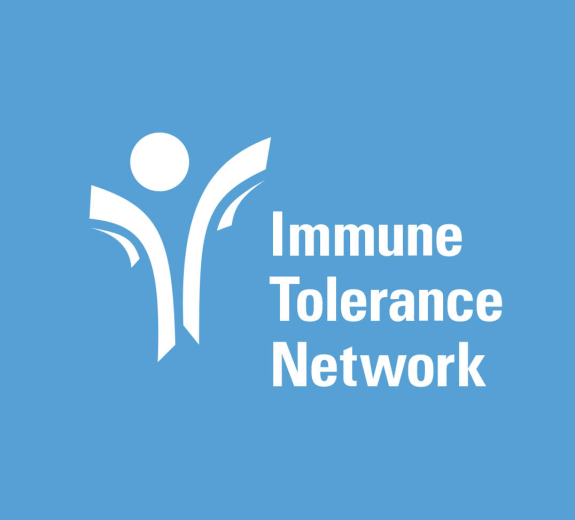
Benaroya Research Institute and the Immune Tolerance Network Advance Research for Immune System Diseases
Young children who receive liver transplants are often faced with a lifetime of taking immunosuppressive medications to suppress their immune system so their transplanted liver is not rejected. In a recently reported clinical research study by the Immune Tolerance Network (ITN), Sandy Feng, MD, PhD, Professor of Surgery at the University of California, San Francisco, led a trial that successfully enabled 12 of 20 young children to stop medication without liver rejection. This offers tremendous hope for these children to live free from immuno-suppression drugs.
This type of breakthrough medical research is at the heart of the ITN's mission to establish new treatments for diseases of the immune system. BRI Director Gerald Nepom, MD, PhD, recently completed his first year as director of the ITN, leading one of the largest government funded clinical research networks working worldwide. The ITN is funded by the National Institute of Allergy and Infectious Diseases (NIAID), part of the National Institutes of Health (NIH), in partnership with the Juvenile Diabetes Research Foundation (JDRF).
"There are many opportunities to utilize the expertise of both BRI and the ITN to expand and energize research on autoimmune and immune-mediated diseases," says Dr. Nepom. "The ITN conducts pioneering human studies that are designed to create dramatic new ways to treat these diseases. BRI is a hotbed of expertise in laboratory science and advancing the latest research into clinical trials."
"The ITN is currently conducting 27 innovative clinical research trials internationally," says Sarah Sanford, Network Administrative Director for the ITN. "We research specialized immune tolerance therapies for the prevention of organ transplant rejection in liver, kidney and islet transplantation, the treatment of autoimmune diseases such as Type 1 diabetes, multiple sclerosis, lupus and others, and the prevention and treatment of allergies and asthma."
Many treatments for autoimmune and immune-mediated diseases suppress the entire immune system, leaving patients more vulnerable to viruses, bacteria and even certain types of cancer. In immune tolerance therapies, drugs target only the parts of the immune system that have gone awry. Both BRI and the ITN are working on these pioneering treatments. For more information about the ITN, visit immunetolerance.org.


